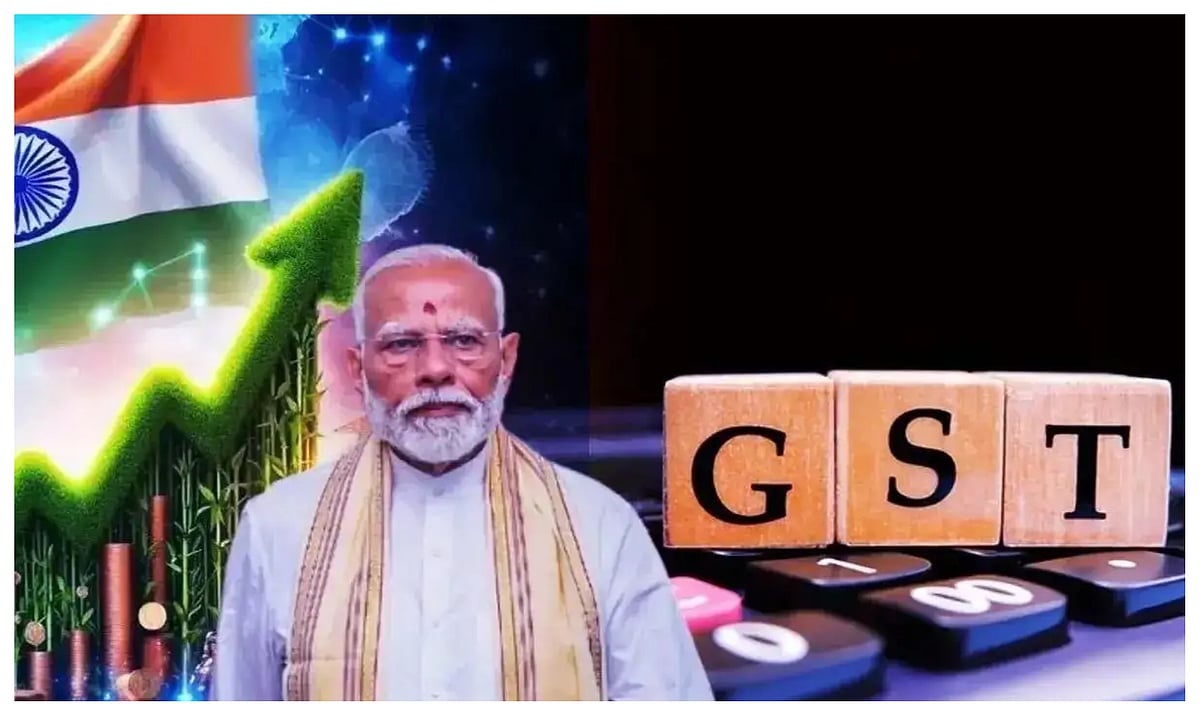Lucknow: The Confederation of Real Estate Developers’ Associations of India (CREDAI) has urged the Central Government to reconsider its proposal to impose an 18% Goods and Services Tax (GST) on Floor Space Index (FSI) and additional FSI charges paid to local authorities for real estate projects as this move could escalate housing prices by approximately 10% across India, disrupting housing affordability and project viability.
CREDAI emphasized that applying GST on FSI charges would significantly increase construction costs, especially if imposed retrospectively. Developers could face hefty financial liabilities, potentially stalling ongoing projects and jeopardizing homebuyers' investments. Even a prospective implementation could hinder the government's ‘Housing for All’ mission by making affordable housing economically unviable.
“FSI charges constitute a significant portion of project costs,” said Boman Irani, President of CREDAI National. “The proposal to impose 18% GST on these charges could destabilize the real estate sector, leading to increased housing prices and delayed project deliveries. We urge the government to exempt FSI charges from GST.”

CREDAI cited legal provisions supporting its stance. According to Notifications 14/2017 and 12/2017 under the GST Act, services provided by Central, State, or local authorities related to functions listed in Article 243W of the Constitution—such as urban planning and land regulation—are exempt from GST.
The twelfth schedule of the Constitution explicitly includes urban planning, land-use regulation, and slum improvement among municipal functions, reinforcing the industry's claim that FSI charges should remain outside the GST’s scope.
Economic Implications
The association also highlighted that developers cannot claim Input Tax Credit (ITC) on GST paid for such charges, causing double taxation and further inflating housing costs. This, in turn, would adversely impact the purchasing power of middle-class homebuyers, who make up 70% of the housing market.

CREDAI has appealed to the Central Government to maintain the current exemption on FSI charges. The association warned that imposing GST could create a cascading effect, reducing housing supply and demand while affecting economic growth linked to the real estate sector.
“The government must maintain the current status quo,” Irani stressed. “Any retrospective or prospective GST levy could destabilize the sector, delay project completions, and compromise homeownership dreams for millions of Indians.”










